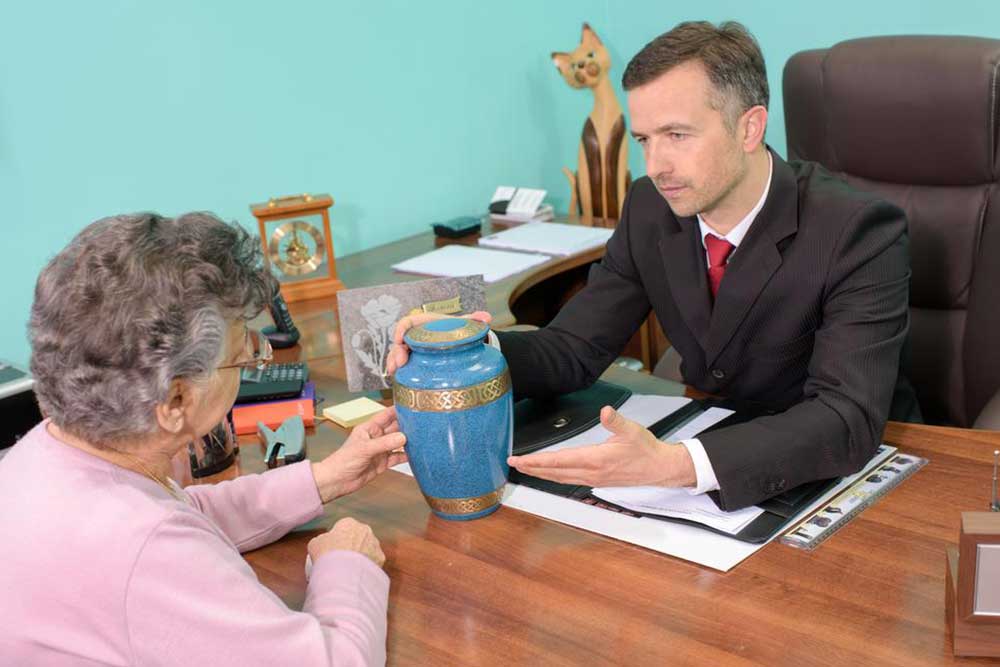Understanding Auto Dealer License and Surety Bond Requirements
This article explains the importance of auto dealer surety bonds, how they function, application process, costs, and benefits. It highlights how these bonds protect consumers and enhance dealership credibility, ensuring legal compliance and trustworthiness in the automotive industry.

An auto dealership guarantee bond is designed to protect consumers by offering a legal remedy if the dealer fails to comply with relevant laws, regulations, and licensing standards. This bond involves the dealership, the licensing authority (obligee), and the surety company.
How does the auto dealer surety bond function?
If a dealer engages in fraudulent activities or unethical practices that harm clients, the affected party can file a claim and receive compensation from the surety provider.
The bond amount varies by state and dealer license type. Its primary goal is to safeguard buyers from damages caused by non-compliance with industry regulations, enhancing consumer trust and boosting the dealership's credibility.
How to obtain an auto dealer surety bond?
Most states require this bond to secure a dealership license. You should apply for the bond first, then for the license. The application process is straightforward, often completed online, with quick approval times. Bonds can include RV, motorcycle, used car, and DMV bonds.
The cost of the bond depends on factors like the applicant’s credit score, industry experience, and prior claims. Typically, individuals with excellent credit pay around 1% of the bond amount, while those with poorer credit may pay up to 9%.
Advantages of having an auto dealer surety bond
Consumers see the bond as a mark of security, encouraging trust in the dealer. It ensures protection if the dealer breaches laws or engages in fraudulent activity, providing ongoing reassurance even after the sale.
Disclaimer: The information presented is based on research, expert guidance, and available data. Since financial conditions change, the details may vary, and we do not assume responsibility for inaccuracies or differing opinions. Always consult a financial professional before making decisions.









